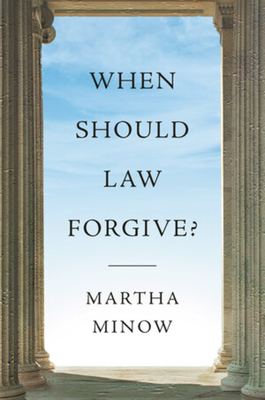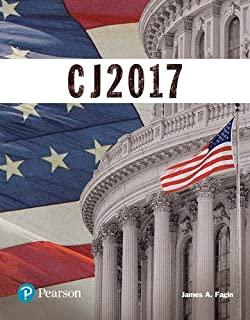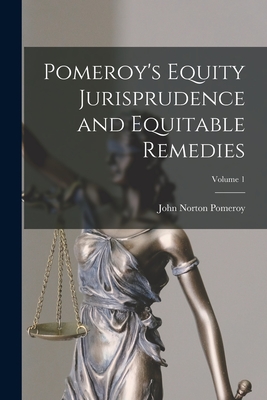
Crimes and violations of the law require punishment, and our legal system is set up to punish, but what if the system was recalibrated to also weigh grounds for forgiveness? What if something like bankruptcy--a fresh start for debtors--were available to people convicted of crimes? Martha Minow explores the complicated intersection of the law, justice, and forgiveness, asking whether the law should encourage people to forgive, and when courts, public officials, and specific laws should forgive.
Who has the right to forgive? Who should be forgiven? And under what terms? Minow tackles these foundational issues by exploring three questions:
- What does the international response to child soldiers teach us about the legal treatment of juvenile offenders in the United States?
- Why are the laws surrounding corporate debt more forgiving than those governing American student and consumer debt, and sovereign debt in the developing world?
- When do law's tools of forgiveness, amnesties, and pardons strengthen justice, peace, and democracy (think South Africa), and when do they undermine law's promise of fairness (think Joe Arpaio)?
There are certainly grounds for both individuals and societies to withhold forgiveness, but there are also cases where letting go of legitimate grievances can make the law more just, not less. The law is democracy's girder beam, and Minow urges us to build forgiveness into the administration of our laws. Forgiveness, wisely exercised, can strengthen law, democracy, and respect for the humanity of each person.
member goods
listens & views

AL COMBATE: REDISCOVERED GALANT MUSIC ...
by JERUSALEM / CHICAGO ARTS ORCHESTRA / MENDOZA
COMPACT DISCout of stock
$17.75






